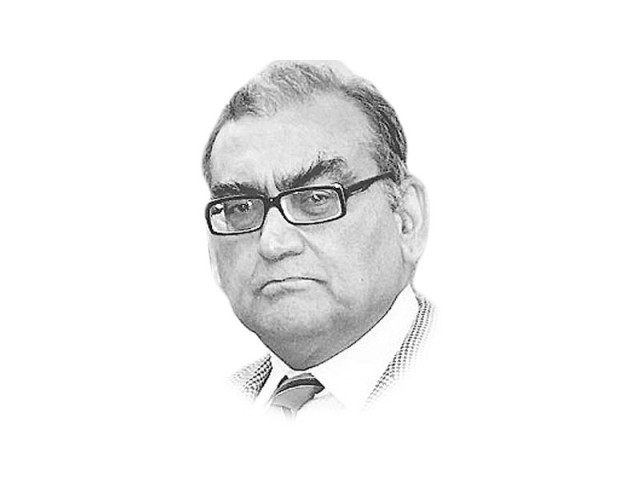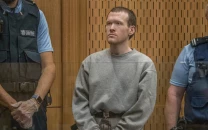How a corrupt judge continued in the Madras High Court
In view of the adverse IB report, the judge should not even have been continued as an additional judge.

That judge in question had the solid support of a very important political leader of Tamil Nadu. I was told this was because while serving as a district judge, he granted bail to that political leader.
Since I was getting many reports about his corruption, I requested the Chief Justice of India (CJI), Justice Lahoti, to get a secret Intelligence Bureau (IB) inquiry made about him. A few weeks thereafter, while I was in Chennai, I received a call from the secretary of the CJI saying that the CJ wanted to talk to me. Justice Lahoti then came on the line and said that what I had complained about had been found true. Evidently the IB had found enough material about the judge’s corruption.
Since the two-year term as additional judge of that person was coming to an end, I assumed he would be relieved as a judge of the High Court in view of the IB report. However, he got another one-year appointment as an additional judge, though six other additional judges who had been appointed with him were confirmed and made permanent judges of the High Court.
I later learnt how this happened. The Supreme Court Collegium consists of five senior most judges for recommending names for appointment as a Supreme Court judge, and three senior most judges for dealing with High Courts.
The three senior most judges in the Supreme Court at the time were the CJI, Justice Lahoti, Justice Sabarwal, and Justice Ruma Pal. This Supreme Court Collegium recommended that in view of the adverse IB report, the judge should be relieved as a High Court judge after his two-year term was over, and this recommendation was sent to the central government.
The central government at that time was the UPA government. The Congress was no doubt the largest party in this alliance, but it did not have a majority in the Lok Sabha, and was dependent on the support by its allies. One such ally was the party in Tamil Nadu, which was backing this corrupt judge. On coming to know of the recommendation of the Supreme Court Collegium, they strongly objected to it.
The information I got was that the then prime minister, Manmohan Singh, was at that time leaving for New York to attend the UN General Assembly session. At the Delhi airport, he was told by the ministers of that party in Tamil Nadu (who were Congress allies) that by the time he returns from New York, his government would have fallen as the Tamil Nadu party would withdraw support to the UPA (for not continuing that particular additional judge ).
On hearing this, Manmohan Singh panicked, but he was told by a senior Congress minister not to worry, and that he would manage everything. That minister then went to Justice Lahoti and told him that there would be a crisis if that additional judge of Tamil Nadu was let go. On hearing this, Justice Lahoti sent a letter to the Government of India to give that corrupt judge another one-year term as additional judge, (I wonder whether he consulted his two Supreme Court Collegium members).
The additional judge was later given another term as additional judge by the new CJI, Justice Sabarwal, and then confirmed as a permanent judge by the next CJI, Justice KG Balkrishnan, but transferred to another High Court.
I have related all this to show how the system actually works, whatever it may be in theory. In fact, in view of the adverse IB report, the judge should not even have been continued as an additional judge.
Published in The Express Tribune, July 23rd, 2014.
Like Opinion & Editorial on Facebook, follow @ETOpEd on Twitter to receive all updates on all our daily pieces.



















COMMENTS
Comments are moderated and generally will be posted if they are on-topic and not abusive.
For more information, please see our Comments FAQ